Summaries of books about Economics:
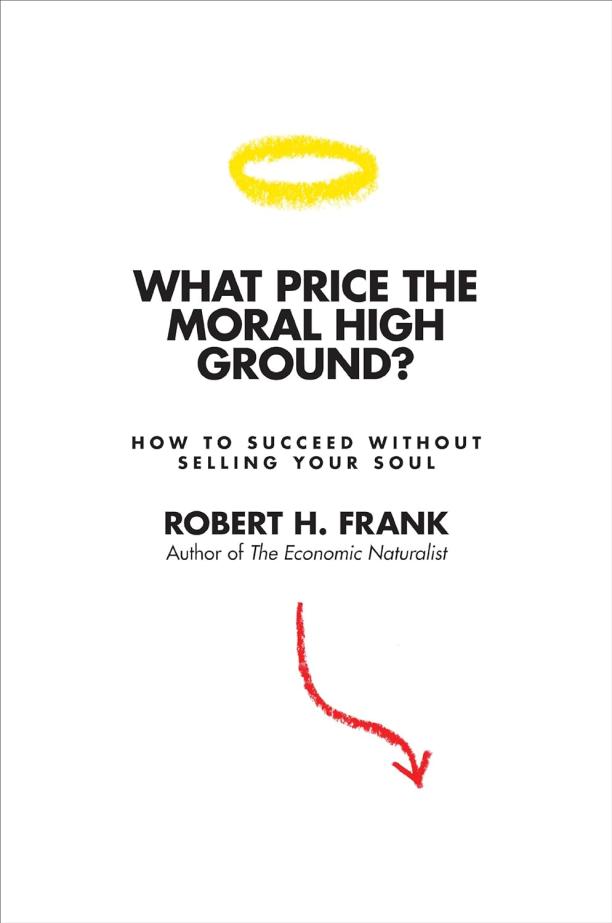
What Price the Moral High Ground?
How to Succeed without Selling Your Soul
Robert H. Frank
The book examines the intersection of ethics and economics, arguing that businesses can be profitable while maintaining ethical standards. It presents evidence that companies which prioritize the well-being of their employees, customers, and the environment often outperform their less scrupulous competitors in the long run.
See full summary
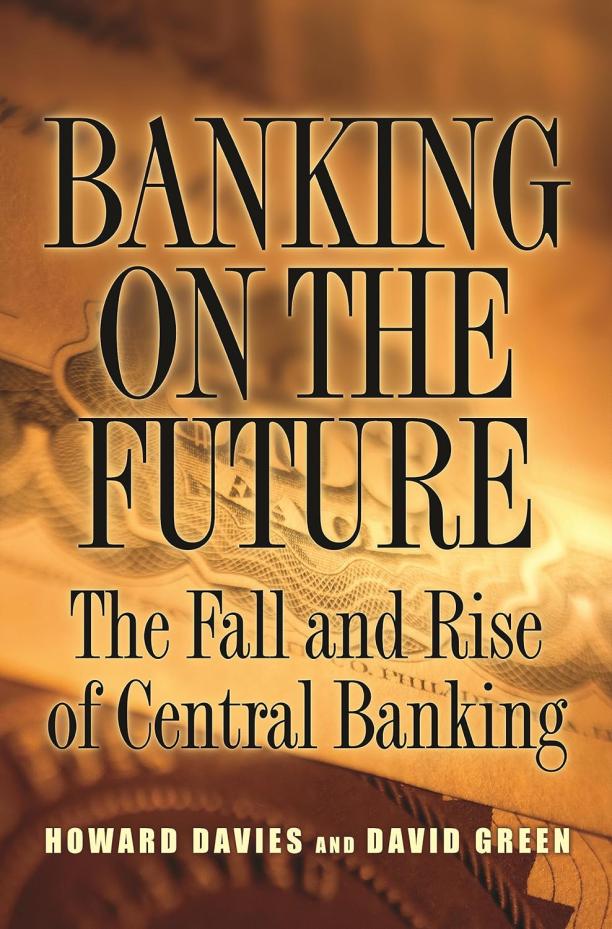
Banking on the Future
The Fall and Rise of Central Banking
Howard Davies|David Green
The book examines the role and evolution of central banks in the wake of the 2008 financial crisis, discussing their successes and failures in managing monetary policy and financial stability. It also explores the challenges central banks face, including regulatory reforms and the need for international cooperation to prevent future crises.
See full summary

The Free-Market Innovation Machine
Analyzing the Growth Miracle of Capitalism
William J. Baumol
The book explores how capitalism fosters economic growth by encouraging firms to innovate as a means of competition, arguing that the capitalist structure inherently drives companies to continuously improve products and services. It delves into the mechanisms that enable this innovation, such as the entrepreneurial spirit, investment in research and development, and the rewards system that incentivizes risk-taking and creativity.
See full summary

The Future of Money
Benjamin J. Cohen
The book explores the evolution of money in the context of globalization, examining the implications of emerging electronic currencies and the potential decline of national currencies. It discusses the challenges and opportunities presented by these changes, including the impact on state sovereignty, economic stability, and the global financial system.
See full summary

Capital Wars
The New East-West Challenge for Entrepreneurial Leadership and Economic Success
Daniel Pinto
The book explores the shifting global economic landscape, highlighting the rise of Eastern economies and the challenge they pose to Western dominance in entrepreneurship and innovation. It discusses the need for Western leaders to adapt to new competitive realities and the strategies required to succeed in an increasingly multipolar economic world.
See full summary
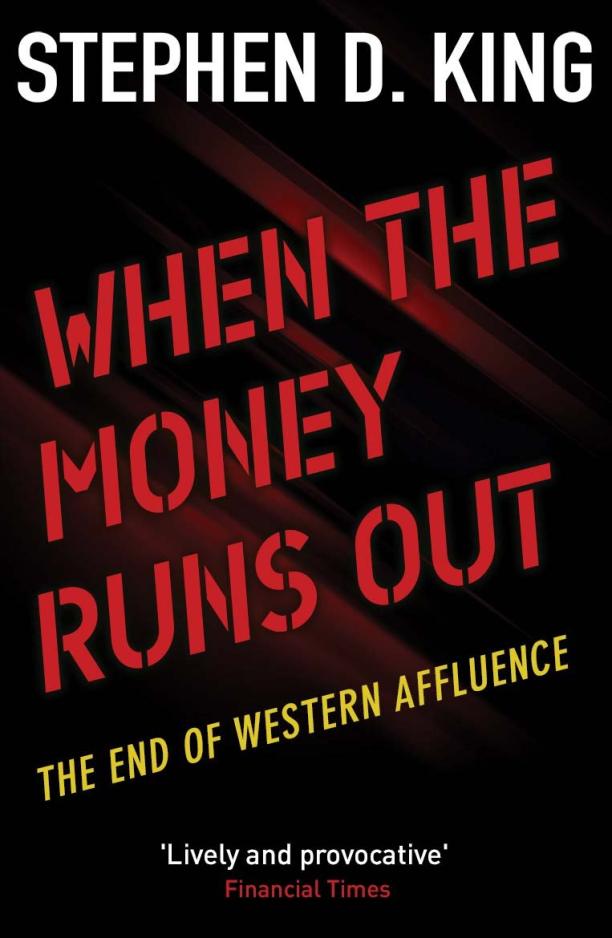
When the Money Runs Out
The End of Western Affluence
Stephen D. King
The book explores the economic and social challenges facing Western economies due to slowing growth, rising debt, and the unrealistic expectations of continuous prosperity. It delves into the potential consequences of these issues, including diminished living standards and increased political tensions, while questioning the sustainability of current economic policies.
See full summary
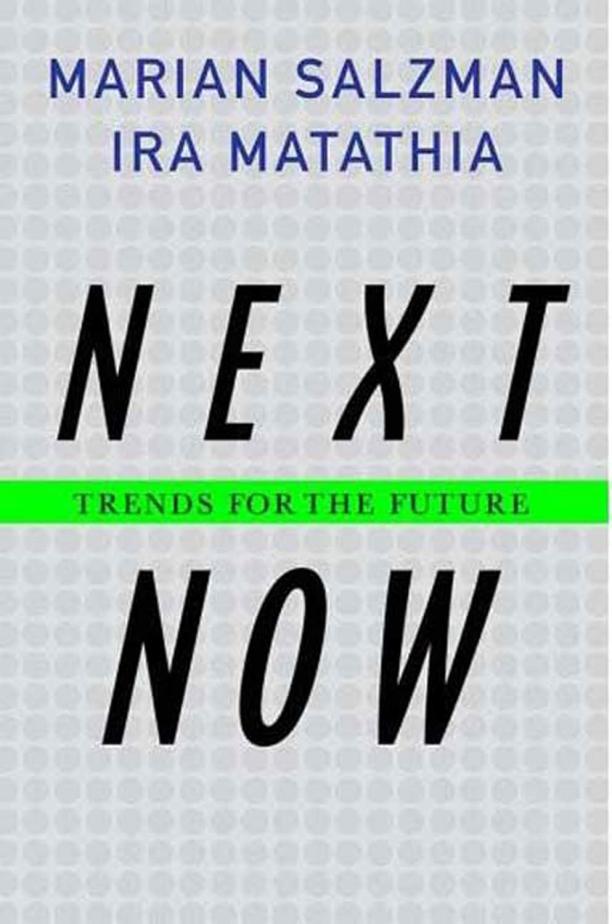
Next Now
Trends for the Future
Marian Salzman|Ira Matathia
The book provides insights into emerging trends across various sectors, including technology, health, and lifestyle, predicting how they will shape the future. It offers a comprehensive analysis of societal shifts and innovations that are expected to influence consumer behavior and business strategies.
See full summary
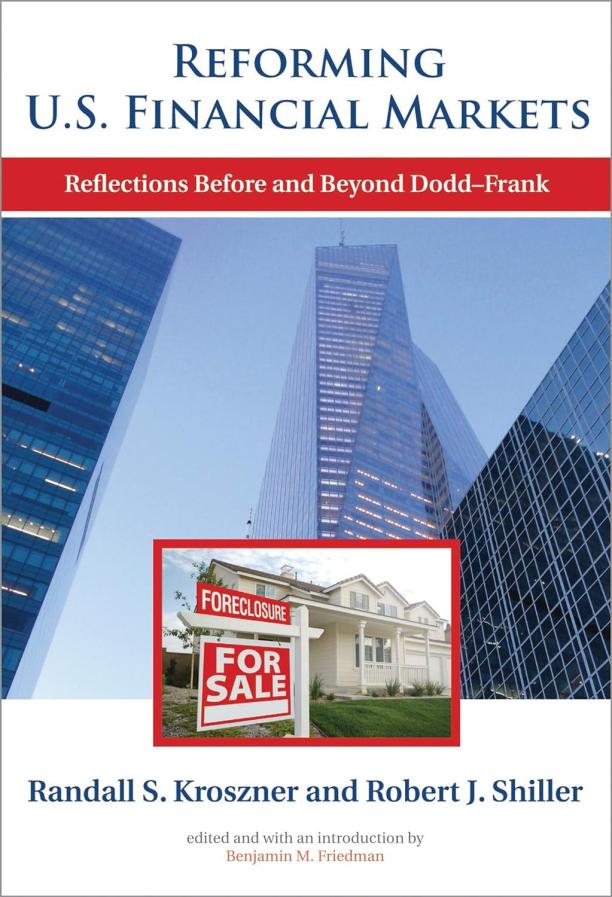
Reforming U.S. Financial Markets
Reflections Before and Beyond Dodd-Frank
Randall S. Kroszner|Robert J. Shiller
The book delves into the causes and consequences of the 2008 financial crisis, analyzing the effectiveness of the Dodd-Frank Act in reforming the U.S. financial system. It presents a collection of expert perspectives and debates on the necessary measures to prevent future crises, including regulatory changes and the role of government oversight.
See full summary
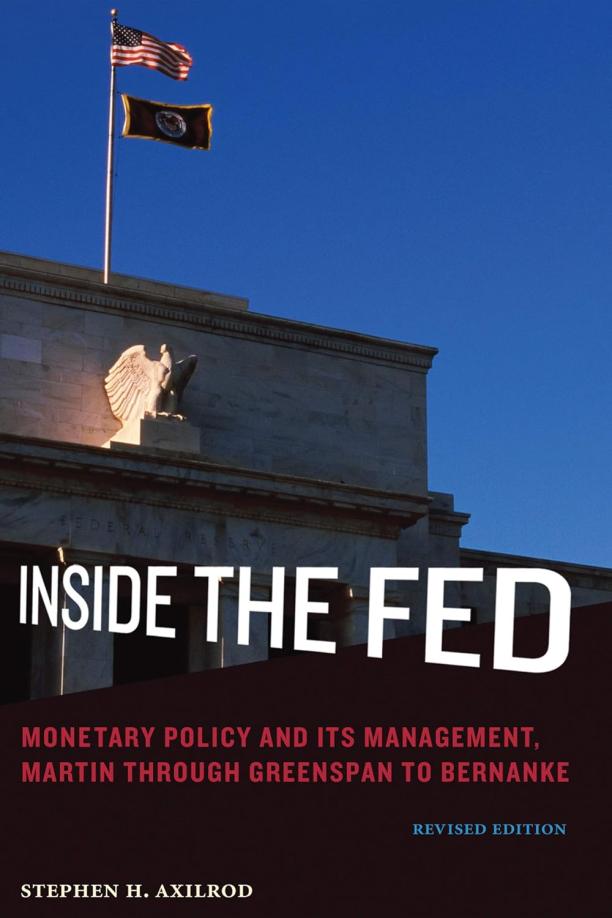
Inside the Fed, revised edition
Monetary Policy and Its Management, Martin through Greenspan to Bernanke
Stephen H. Axilrod
The book provides an insider's perspective on the Federal Reserve, detailing the evolution of its monetary policy from the tenure of Chairman William McChesney Martin through Alan Greenspan and into the era of Ben Bernanke. It examines the intricacies of policy decisions, the management of the economy, and the challenges faced by the central bank in steering the United States through various financial landscapes.
See full summary
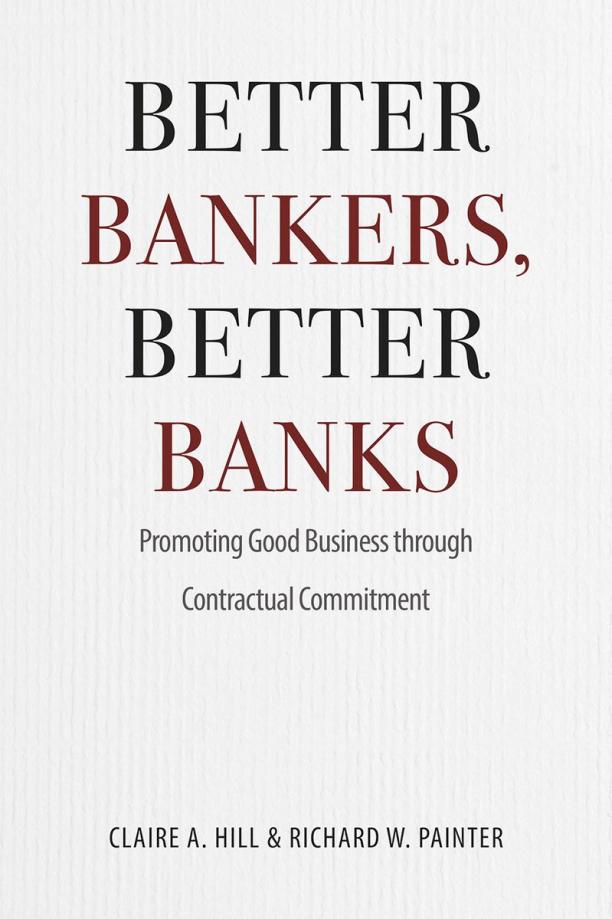
Better Bankers, Better Banks
Promoting Good Business through Contractual Commitment
Claire A. Hill|Richard W. Painter
The book advocates for the improvement of the banking industry by proposing that bankers make contractual commitments to prioritize the long-term success of their institutions and customers over personal gain. It examines the ethical and legal failures in banking that led to financial crises and suggests reforms to banking contracts and culture to foster responsibility and trust.
See full summary